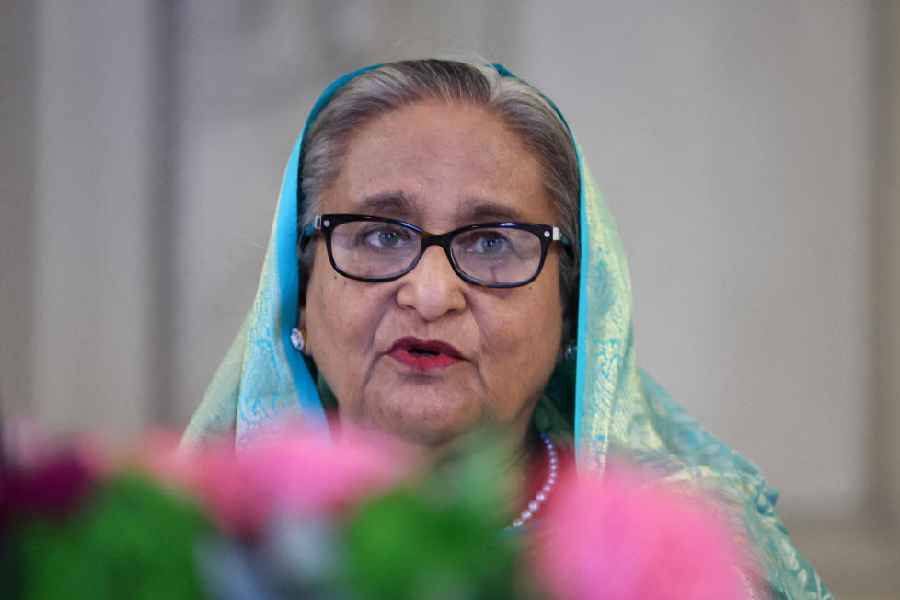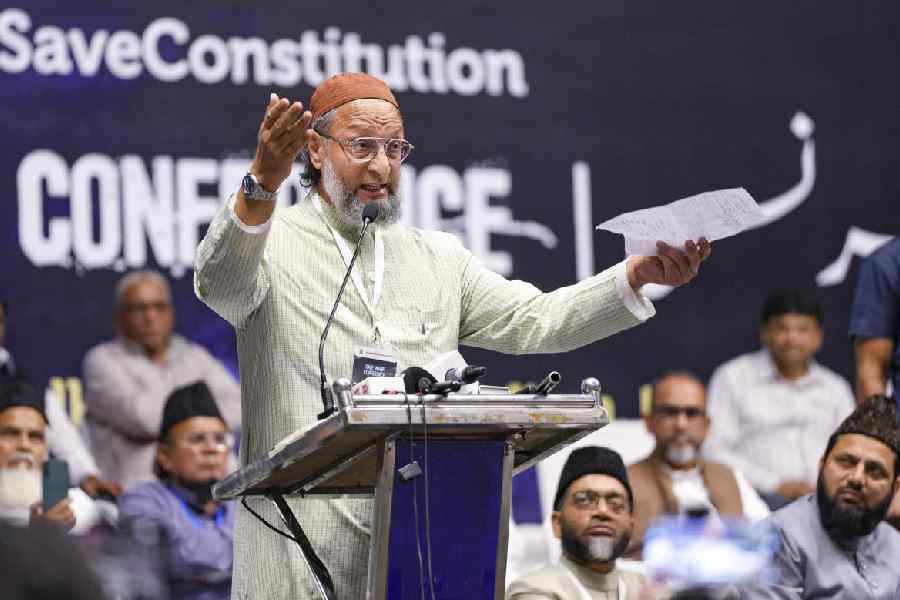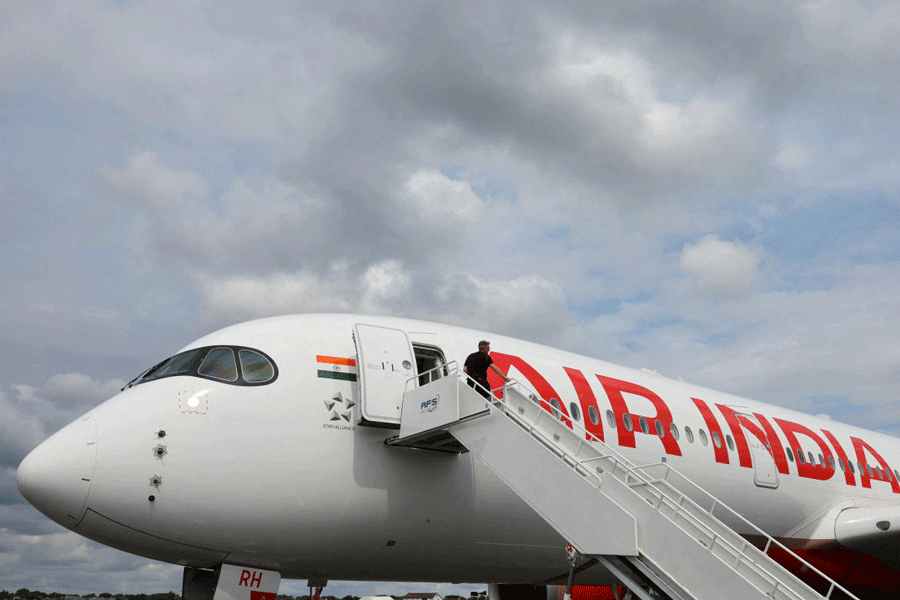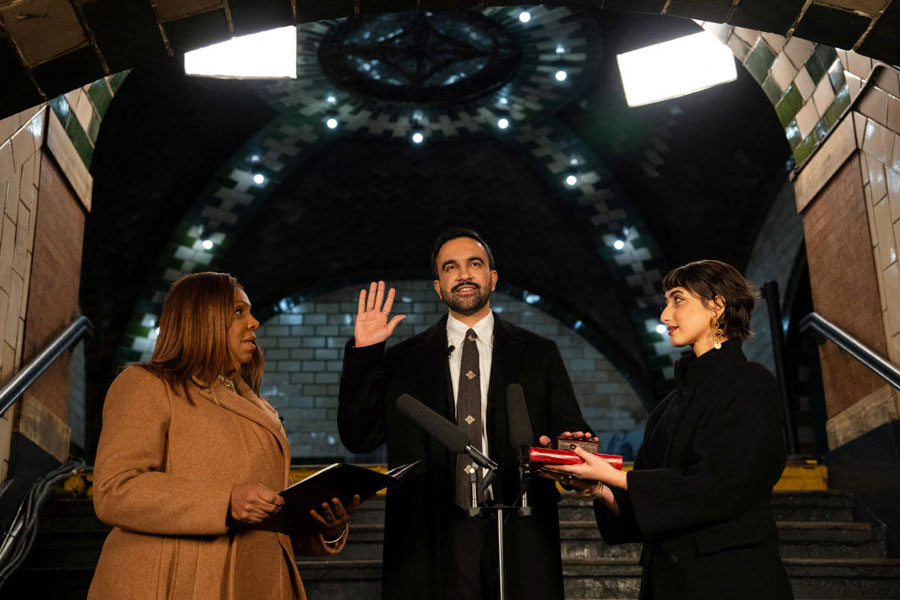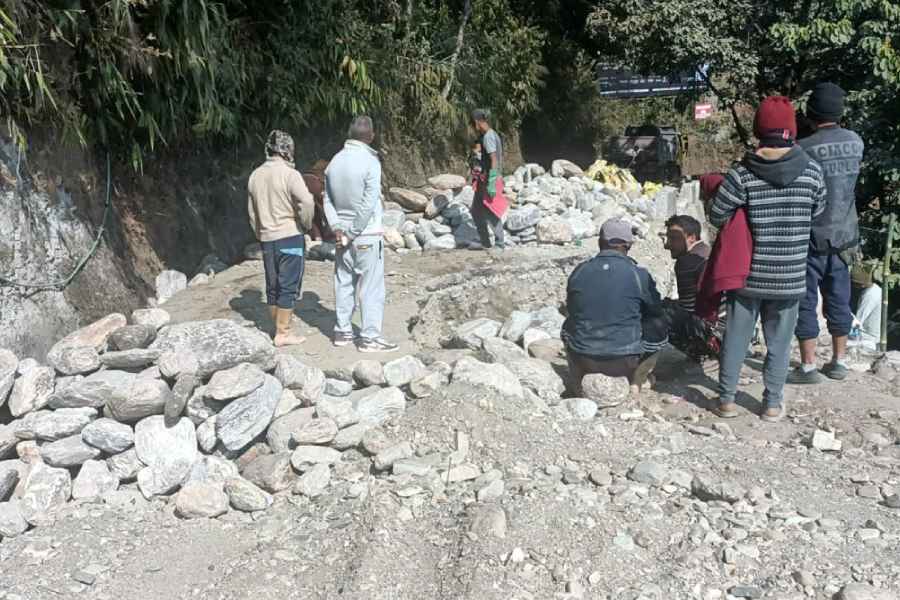Bangladesh’s International Crimes Tribunal (ICT-BD) on Thursday announced it would deliver the verdict against deposed prime minister Sheikh Hasina on November 17 in a case over crimes against humanity.
“The three-judge tribunal set Nov 17 for delivering the verdict,” a journalist attending the tightly secured special court in the capital told PTI.
Hasina, her home minister in the ousted Awami League government, Asaduzzaman Khan Kamal, and then inspector general of police (IGP) or police chief Chowdhury Abdullah Al-Mamun were tried in the tribunal, where the ex-premier and Kamal were tried in absentia, with the court declaring them fugitives.
The then police chief faced the trial in person but emerged as an approver, admitting his own role and describing the role of the two co-accused in taming last year’s student-led street movement called July Uprising.
Mamun appeared on the dock as the ICT-BD chair Justice Mohammad Golam Mortuza Majumder fixed the date.
The tribunal on October 23 concluded the hearing on the case after over 28 working days, when 54 witnesses testified before the court describing how efforts were made to tame last year’s student-led movement called July Uprising that toppled Hasina’s now disbanded Awami League government on August 5, 2024.
The Bangladesh capital on Thursday woke up to heightened security vigil over the Dhaka lockdown call by deposed prime minister Sheikh Hasina’s now disbanded Awami League, coinciding with a tribunal’s planned announcement of a verdict date against her.
Authorities called up army troops, paramilitary Border Guard Bangladesh (BGB) and police in riot gear to spread a security blanket in and around the International Crimes Tribunal (ICT-BD) complex, while their security vigil amid the Awami League prompted thousands to stay indoors.
Witnesses and reports said Dhaka streets looked unusually empty, though many commuters stepped out of their homes and cautiously headed to workplaces and schools.
Chief prosecutor Tajul Islam and his colleagues have demanded the death penalty for Hasina after they submitted a complaint to the tribunal on June 1 on five counts.
Count 1 accused the defendants of murder, attempted murder, torture, and other inhumane acts, while the second count accused Hasina of ordering the “extermination” of protesters, the third count accused her of making inflammatory remarks and ordering the use of deadly weapons against protesting students.
Under the rest of the counts, the defendants were charged with the shooting and murder of six unarmed protesters, including students in Dhaka and its suburbs.

